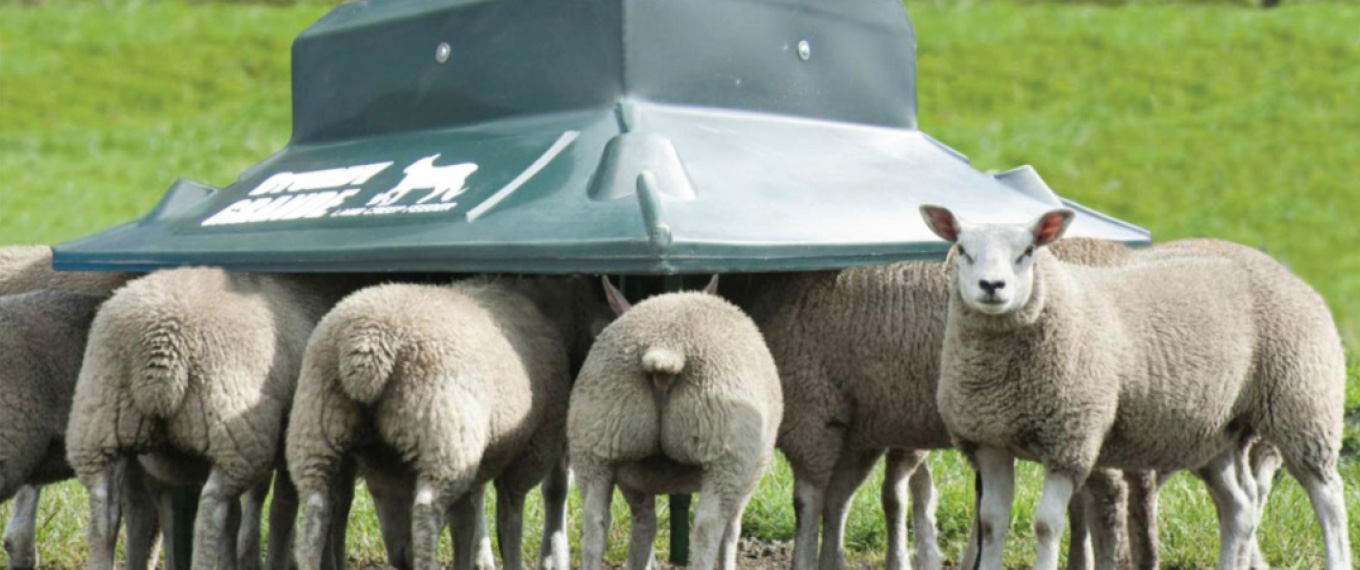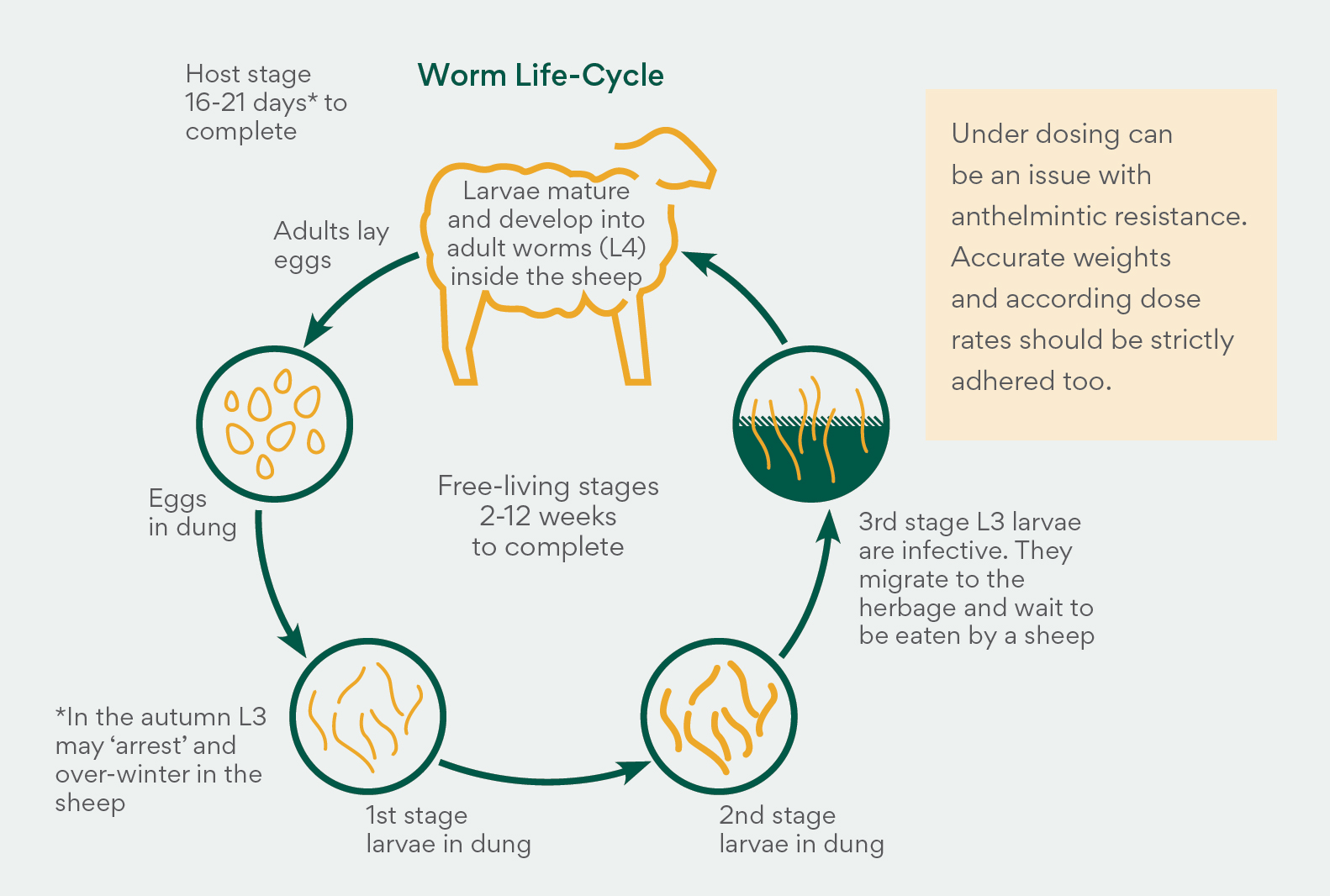 |
When it comes to having a profitable sheep enterprise, it is crucial that your lambs get off to the best possible start. In the first 7-10 days of their life, lambs rely solely on the ewes milk, and thereafter they begin to consume small volumes of solid foods. Three weeks after lambing, the ewes will hit peak milk yield, therefore it is important to continue feeding meal to ewes in order to prevent body condition losses.
Lambs aren’t born with a functioning rumen, so introducing meal early will help with lamb development. At Drummonds, we offer a 18 % protein, Lamb Creep Ration, specifically designed for newborn and growing lambs. This performance ration is packed with high levels of nutritious ingredients including flaked maize, hi-pro soyabean meal and barley, all formulated to optimise lamb growth rates.
Target a lamb growth rate of 300g/day across the flock which is over 2kg liveweight gain per week. This performance will ensure that a lamb born on 1st March will weigh 34kg liveweight on 10th June (14 weeks of age). Farmers should aim for an average of 1.7 lambs reared per ewe lambed down and to have 80% of lambs available for sale at 16 weeks at a carcass weight of 18-21kg.
Once lambs are eating 250 grams of concentrate feed daily (measured over three consecutive days) they can be weaned onto ad lib concentrate diets without any significant growth check. With a feed conversion ratio of typically 4:1 in young lambs, it definitely pays to creep feed.
BENEFITS OF CREEP FEEDING
- Early Finishing: studies have proven that lambs which have been creep fed can finish 28 days earlier than non-creep fed. This ensures lambs are available for the early season sale prices.
- More available grass: in most cases lambs compete with ewes for grass. Having lambs moved on earlier will leave more grass pre and post mating, benefiting litter size and ewe body condition score.
- Reduced labour: earlier weaning and drafting reduces handling.
- Reduced vet costs: earlier drafted lambs require less dosing and fly strike treatments.
WORMS: A HEALTH ISSUE IN SHEEP
Worms are one of the most significant causes of reduced performance in sheep, with lambs being most at risk due to the lack of immunity. Clinical signs are scouring, weightloss and anaemia due to the lining of the gut being damaged. Severe infestations can be fatal. Even sub- clinical infestations can reduce growth rates by over 50%. Roundworms (nematodes) such as stomach lung and gut worms are generally the biggest threat to sheep. It is best practice to dose ewes post lambing to boost immuntiy. Lambs should be dosed at 6, 9 and 12 weeks. Faecel egg counts should be taken to identify the specific worms causing problems on your farm, thus helping to reduce antibiotic resistance.

To contact your local Drummonds Agronomist / Branch - Click Here

